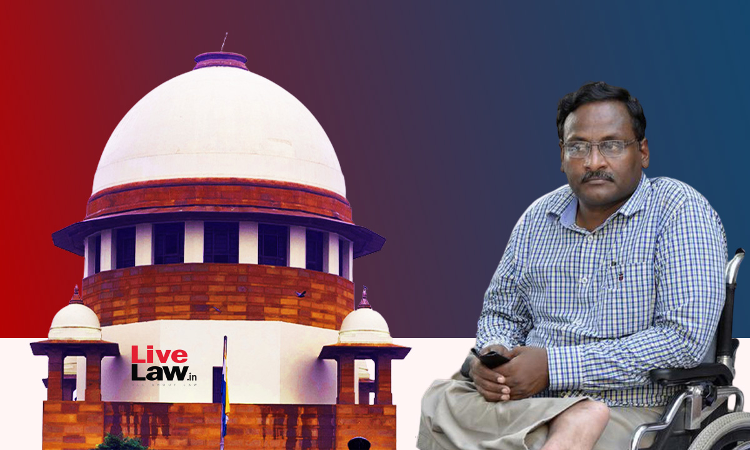Plea Against Professor Saibaba's Discharge- Supreme Court Special Saturday Hearing-Live Updates
LIVELAW NEWS NETWORK
15 Oct 2022 10:48 AM IST

Live Updates
- 15 Oct 2022 11:19 AM IST
SG : So far as accused 1 to 5, sanction was granted. They take the argument that it was not properly considered.
Justice Shah : High Court was of opinion CFSL report was not considered, same day sanction was granted and materials were not considered by sanctioning authority.
Next Story


